Issues
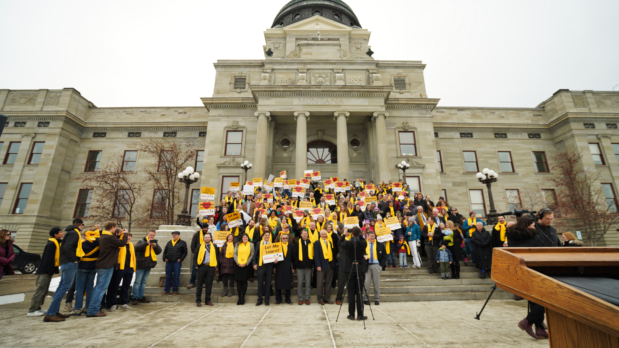
Education Freedom
Montana lags behind the nation in empowering parents. AFP-MT champions policies like Educational Savings Accounts (ESAs), charter schools, and refundable tax credits to give families real options. Every child deserves access to the education that fits their needs—not the one their ZIP code assigns.
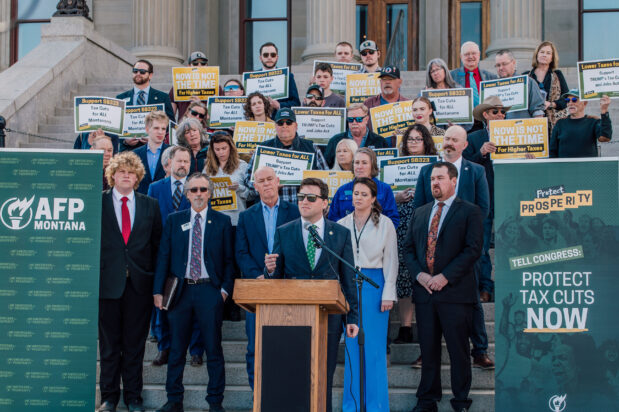
Property Tax Reform
Montana’s local governments continue to spend irresponsibly — leaving taxpayers to shoulder the cost. AFP-MT is advancing Truth in Taxation reforms that promote transparency, restore accountability, restrain government spending, and give voters a stronger voice and protecting homeowners before major tax increases. We also advocate ending corporate welfare programs such as Tax Increment Financing (TIF) — schemes that unfairly benefit developers at the expense of Montana’s families and small businesses.
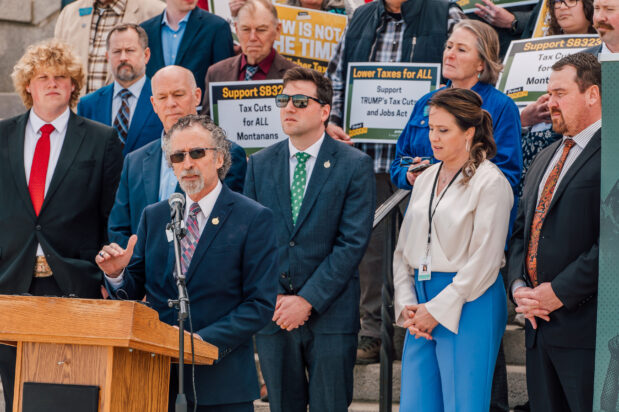
Income Tax Reduction
Montana’s historically higher income taxes compared to neighboring states had put us at a competitive disadvantage, driving workers and businesses elsewhere. Recent income tax reforms moved us closer to a flatter, fairer, and pro-growth tax system, but more work remains to ensure Montana becomes the most competitive and opportunity-driven state in the region.
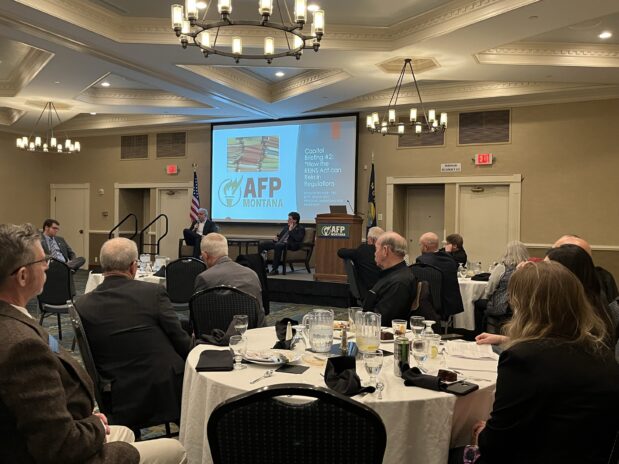
The REINS Act—Restoring Legislative Oversight
Major regulations that impose economic burdens should be subject to the people’s representatives—not unelected bureaucrats. AFP-MT supports enacting the REINS Act at the state and federal level to require legislative approval for regulations with significant economic impact.

Healthcare Access & Innovation
From restrictive telehealth policies to outdated provider licensing, Montana’s healthcare system is stuck. AFP-MT supports reforms to increase rural access, reduce costs, and let patients choose providers based on value and quality—not government mandates.
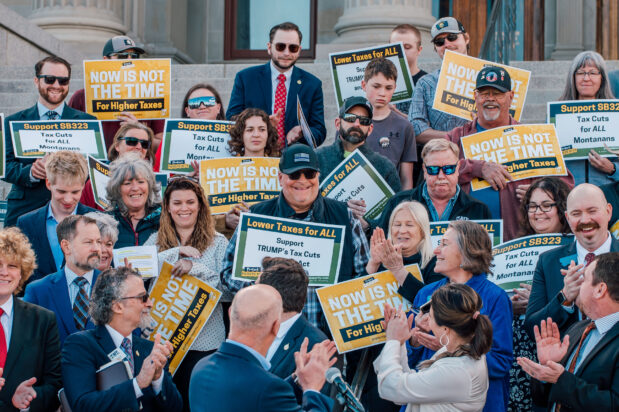
Labor Freedom & Right-to-Work
Montanans deserve the freedom to work without being forced to pay union dues. Surrounded by states that protect worker choice, Montana must act to ensure the same freedom and opportunity. Right-to-work drives job growth, higher wages, and a stronger economy. Additional reforms are needed to stop the use of public funds for union activity—including in schools and government offices—and to prohibit union business on taxpayer time. It’s time to put workers, not special interests, first.